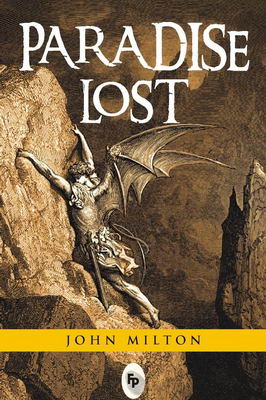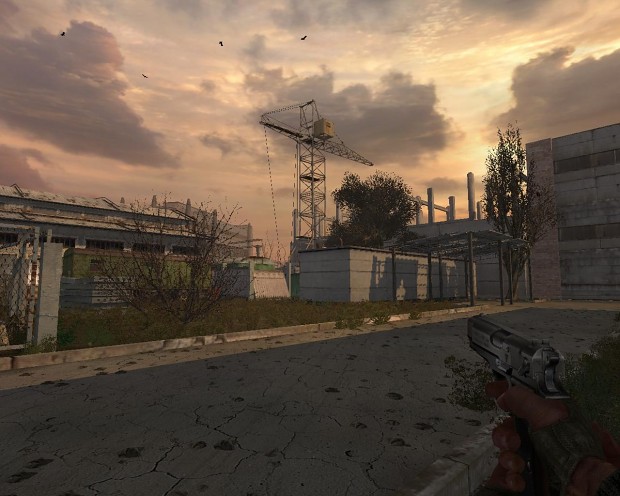

Sublime imagery is further used to enhance the feeling of sympathy, as interpreted by Burke, for Milton’s Satan. The rhetorical sublime by Longinus focused on grandeur of style, and the natural sublime by Burke focused on the limits of reason and obscurity are both present in Paradise Lost and show how Satan could be seen as a sublime character through the elevation of the reader. The aim for this thesis is to analyze and show how the intertwining of the notion of the sublime according to pre-Milton critic Longinus and post-Milton critic Edmund Burke and the notion of sympathy according to Percy Bysshe Shelley and William Blake could be seen as amplifying the argument of Satan being the tragic hero of Paradise Lost. Therefore, the ultimate importance of Raphael’s digestive ontology is not determined by how much it proves that Milton was a monistic materialist but by how much it contributes to Milton’s poetic theodicy.

As a narrative theodicy, Paradise Lost has to tackle the epistemological crises the problem of evil causes, as well as the conflicting imperatives of narrative and theodicy. The complexity of his epic project necessitates this maneuver by Milton. I conclude that Raphael’s digestive ontology and his unreliability as a narrator reveal a body of evidence that urges readers to find the fallible Raphael, not the infallible God, accountable for the Fall. This thesis argues that closer scrutiny of Raphael’s role is mandated by the dissonances he creates in Paradise Lost. Furthermore, certain striking resemblances between Raphael’s digestive ontology and Satan’s discourse demand us to hold its function more suspect. Details within the epic indicate that his digestive ontology fails to thoroughly account for the operations of the prelapsarian universe, particularly prelapsarian human bodies. Raphael’s digestive ontology-according to which every form of creation engages in digestion-relies on his authority alone and has no divine sanction. I discuss the authority, applicability and function of Raphael’s digestive ontology with due consideration for the emphatic fallibility of Miltonic angels. What underlies this consensus is the digestive ontological model presented by the archangel Raphael in Book V of Paradise Lost. This thesis reconsiders the common critical consensus that John Milton was a monistic materialist.


 0 kommentar(er)
0 kommentar(er)
